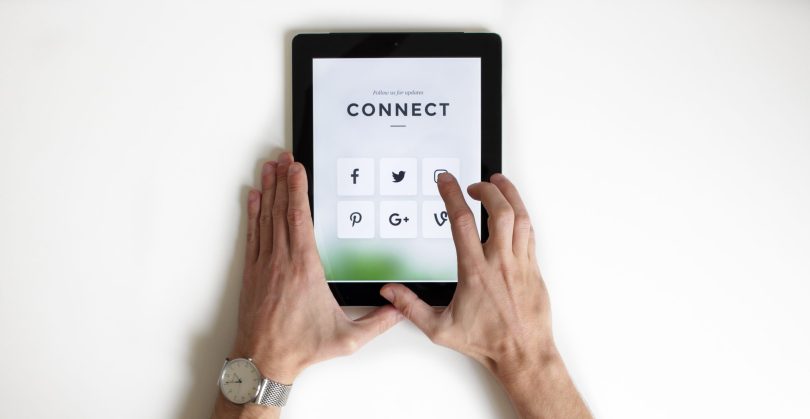Richard Eisenberg writes for Fortune about the large proportion of people with Medicare at risk because they are not computer literate and might not even have access to a computer. A majority of people with Medicare can’t take advantage of telehealth services with their doctors or compare Medicare plans online, even though it’s so important. Here’s how to improve digital literacy among older adults in order to promote health equity and better health.
Some people call the ability to use a computer or digital literacy a social determinant of health, much like eating well and having housing and access to transportation. Without these basics, your health is likely to be at risk. One article in Frontiers in Public Health called lack of computer literacy among older adults “an urgent problem.”
Who is most affected by digital illiteracy? Older adults, particularly Black, Hispanic and Afro-Caribbean older adults, according to one study. Fewer than half of them have tablets and only six in ten of them have smartphones; of those, some don’t know how to use them. All in, 25 percent of older adults do not use the internet, as compared with 2 percent of people between 30 and 49.
How does digital illiteracy get solved? First, people need access to broadband. But, today, 30 million Americans lack this access. Our federal government operates a program designed to make broadband access more accessible to people, but people are not taking advantage of this program because they don’t know about it or the application process is complex. The Federal Communication Commission also has a lifeline program to help pay for the cost of Internet and smart phones for people with low incomes.
Only about one in three people with Medicare are able to communicate with their physicians via telehealth. Yet, without telehealth access, people might not be able to see their doctors. Traveling to the doctor’s office can be difficult.
Being computer literate often can make it easy to schedule a doctor’s appointment, whereas being computer illiterate can make something as simple as scheduling an appointment difficult.
The Centers for Medicare and Medicaid Service, which oversees Medicare, is planning to require Medicare Advantage plans to teach their members how to use a computer or smartphone to improve their health, beginning next year. The goal is to reduce health inequities stemming from lack of digital literacy and improve access to care for people with Medicare. But, the CMS proposal is still not set in stone, nor is it clear which of their members the Medicare Advantage plans would train or how.
If you’re looking to train a family member or friend to use a computer or smartphone, check out the National Digital Inclusion Alliance. It offers a list of organizations that train people in digital literacy as well as ways to lower internet costs. Icario lets people know about low-cost internet services and support. Older Adult Technology Services (OATS) also offers training in digital health literacy.
Here’s more from Just Care:










